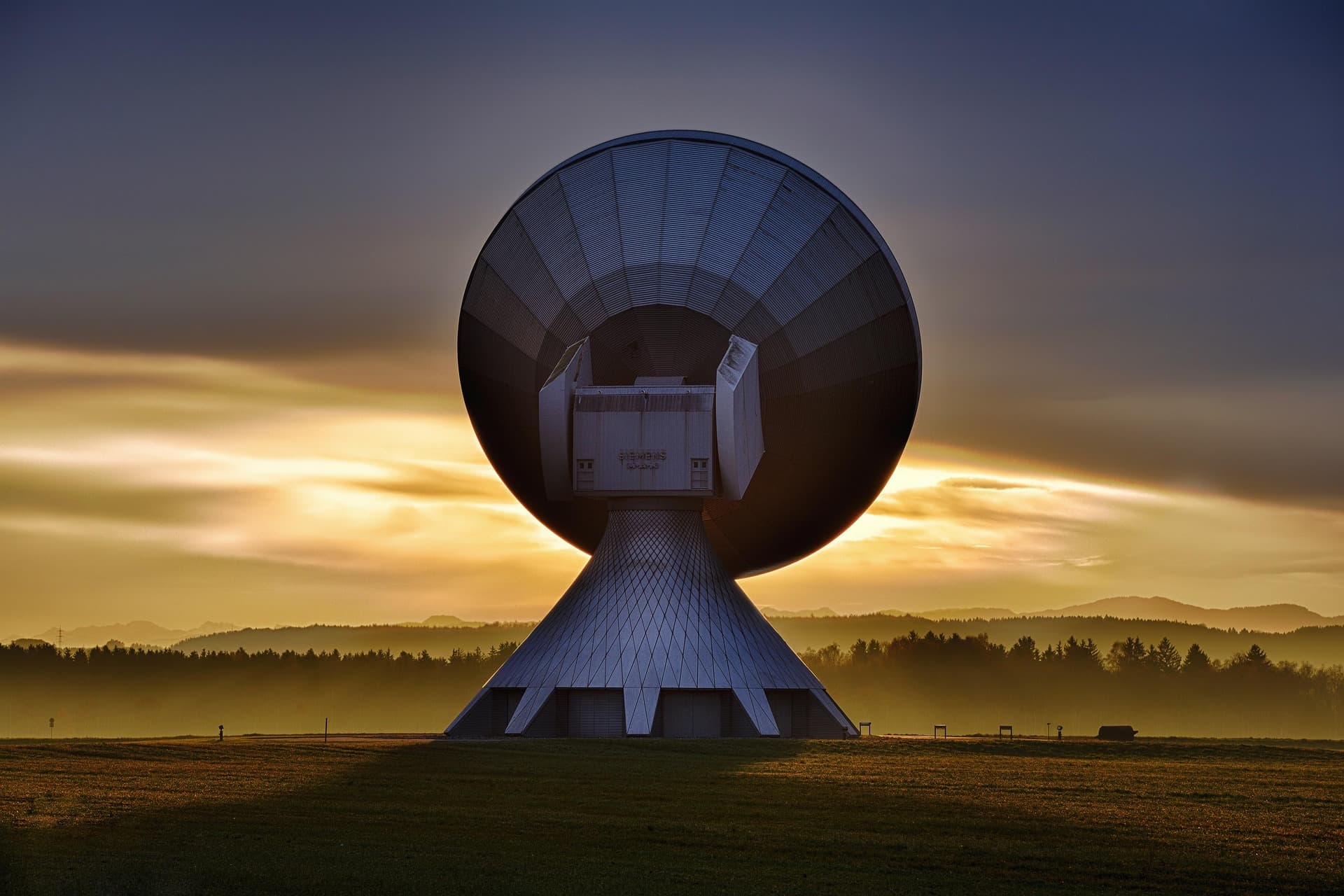
Vodafone outage affected 130,000 UK users. Windows 10 support ends Oct 14 for 43% of 1.4B devices. Netherlands seized Nexperia for EU chip supply.
Ever feel like your digital life is just barely holding together? You know, like one small hiccup could send everything crashing down? Well, you are not wrong. Recent happenings in the tech world show us why. It is not about one huge problem. It is about a bunch of smaller ones, all connected, like a digital domino effect. We are seeing a fragility paradox in action.
Let us start with Vodafone. They have got a massive user base in the UK, over 18 million customers. That includes almost 700,000 home broadband users. That is a lot of people who rely on their network every single day. Just recently, though, Vodafone had a "major outage" affecting broadband, 4G, and 5G services. Over 130,000 people reported problems. People couldn't even reach customer service. Some self-employed folks couldn't work. It was a mess. This shows us something important. A big network with lots of users is great. But it is only as strong as its weakest link. Imagine trying to work or connect with family, and suddenly, poof! No internet. It is like building a tall tower, and the base suddenly wobbles. This really highlights the need for reliable broadband. Fast internet is not a luxury anymore; it is a must-have for homes and businesses.
Now, let us talk about your computer. Do you still use Windows 10? If so, listen up. Microsoft is ending support for it. After October 14, your Windows 10 PC could be at risk. No more security updates means hackers might find it easier to get in. Microsoft wants everyone to upgrade to Windows 11. It is free if your computer can handle it. But many older machines simply can't. Experts like Nathan Proctor from PIRG say this is a "disaster." It forces people to buy new computers, even if their old ones work fine. That is a lot of waste, right? It is like your favorite old car still runs great, but the company stops making replacement parts, making it unsafe to drive. This move by Microsoft shows a bigger issue: software gets old. It is a logistical headache to get everyone to switch. Think about it: over 1.4 billion devices use Windows. About 43% of them were still on Windows 10 in July 2025. That is a huge number of people who could be left vulnerable.
And finally, a little international drama. The Dutch government just took control of Nexperia, a chipmaker owned by a Chinese company called Wingtech. Why? To protect Europe's supply of semiconductors. These tiny chips are like the brains of our devices, cars, phones, computers, everything. This move could make things tense between the EU and China. China makes many of these parts. The EU worries about its supply in an emergency. It is like trying to bake a cake, but you are not sure if you will get enough flour. This kind of tension can mess with the entire supply chain. If we can't get the chips, it affects everything from making new phones to building network gear that Vodafone needs.
So, what do these three stories tell us? They are all connected.
See the pattern? A problem at one level can create big headaches elsewhere. A chip shortage (hardware) could slow down the production of new network equipment. This could then affect Vodafone's ability to offer better service. Then, if your software is outdated, your connection could be less secure, leading to a bad user experience. It is like a chain reaction. If one link breaks, the whole chain falls apart.
What can we do? We need to build a stronger digital world.
Our digital future depends on it. We can't afford to treat different parts of the tech world as separate islands. They are all part of one big, interconnected ecosystem. What do you think? Have you faced any of these issues recently? Let us know in the comments below!
Q1: Why should I care about Windows 10 support ending?
A: You should care because your computer might not get important security updates anymore. This makes it easier for viruses and bad software to attack your device. Think of it like a house without a lock on the door.
Q2: How does a company's network outage affect me?
A: A network outage can stop you from accessing the internet, making calls, or sending messages. If you work from home or rely on mobile data, it can halt your day. It is like a sudden roadblock on your daily commute.
Q3: What do global tensions over chip supplies mean for me?
A: Tensions over chip supplies can slow down the making of new tech gadgets. This might make electronics more expensive or harder to find. It could even affect the reliability of the devices you already own.
This article is part of ourTech & Market Trendssection. check it out for more similar content!